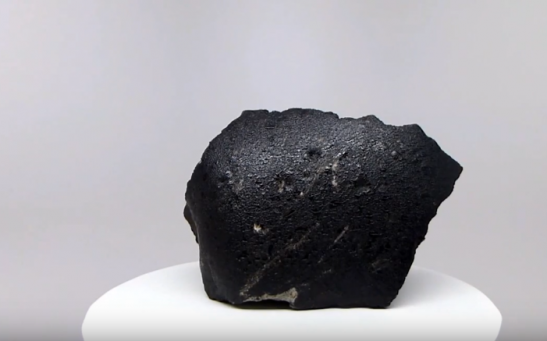water
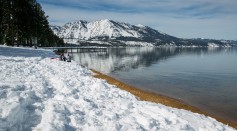
NASA’s SnowEx Completes First Test Flights

Kenyan Man Turns 'Elephant Guardian': Provides Water To The Drought-Ridden Wild Life
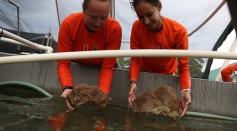
Seagrass Significantly Reduce Bacterial Exposure In Water For Every Creature On Earth

Man-Made Wastes Reaches 7 Miles Deep To Mariana Trench

Drink water only when you're thirsty, experts say
A Wintry Affair—How Oregon's Lost Lake Disappears
Life Underneath Antarctica May One Day Reveal Life On Colder Planets
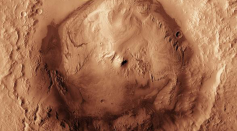
Curiosity Finds Compelling Evidence of Liquid Water Near Martian Surface
Antibiotic Resistant Bacteria—Could Swimming This Spring Break Land You In the Hospital?
‘Water Man of India’ Takes Prize for Bringing Hope to A Dry Future
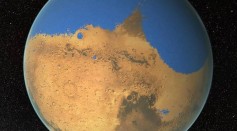
Mars Once Had More Water Than the Arctic Ocean

Should NASA and The International Space Station Be Worried About the Vapors?
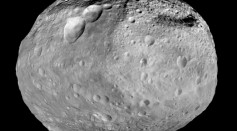
Evidence of Water Flows Found on Vesta

Could Water Have Changed the Face of Mars, or Is the Habitability Question too Much to Bare?
Most Popular

Tapeworm in Brain Found To Be Culprit of Man's Severe Migraines; Eating Undercooked Bacon, Not Washing Hands Properly Could Be To Blame For Infection

The Science Behind Instantized Creatine: Gains in Bulk's Game-Changing Formula

Woman Receives Pig Kidney Transplant, Heart Device Implant in First-of-Its-Kind Life-Saving Operation To Help Her With Her Two Terminal Diseases

Influenza Shows Highest 'Pandemic Potential' Among Ranked Pathogens, Study Reveals

